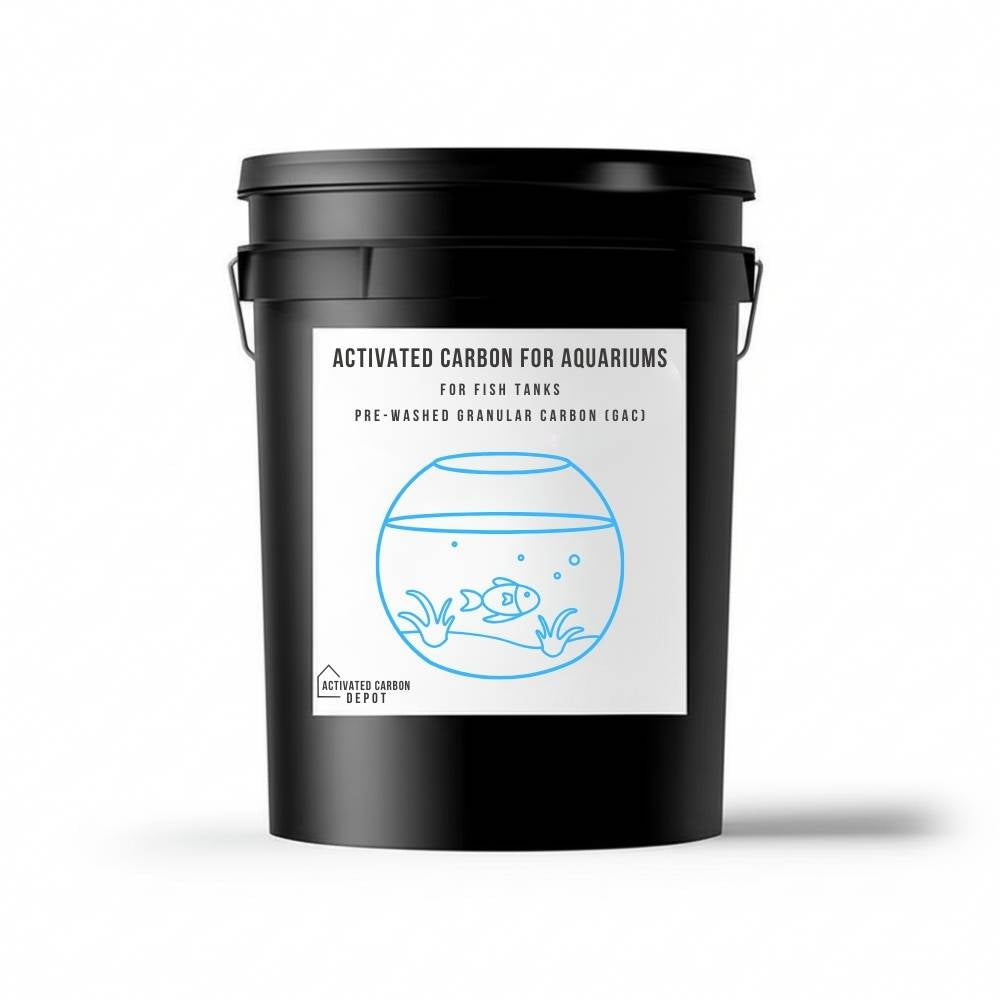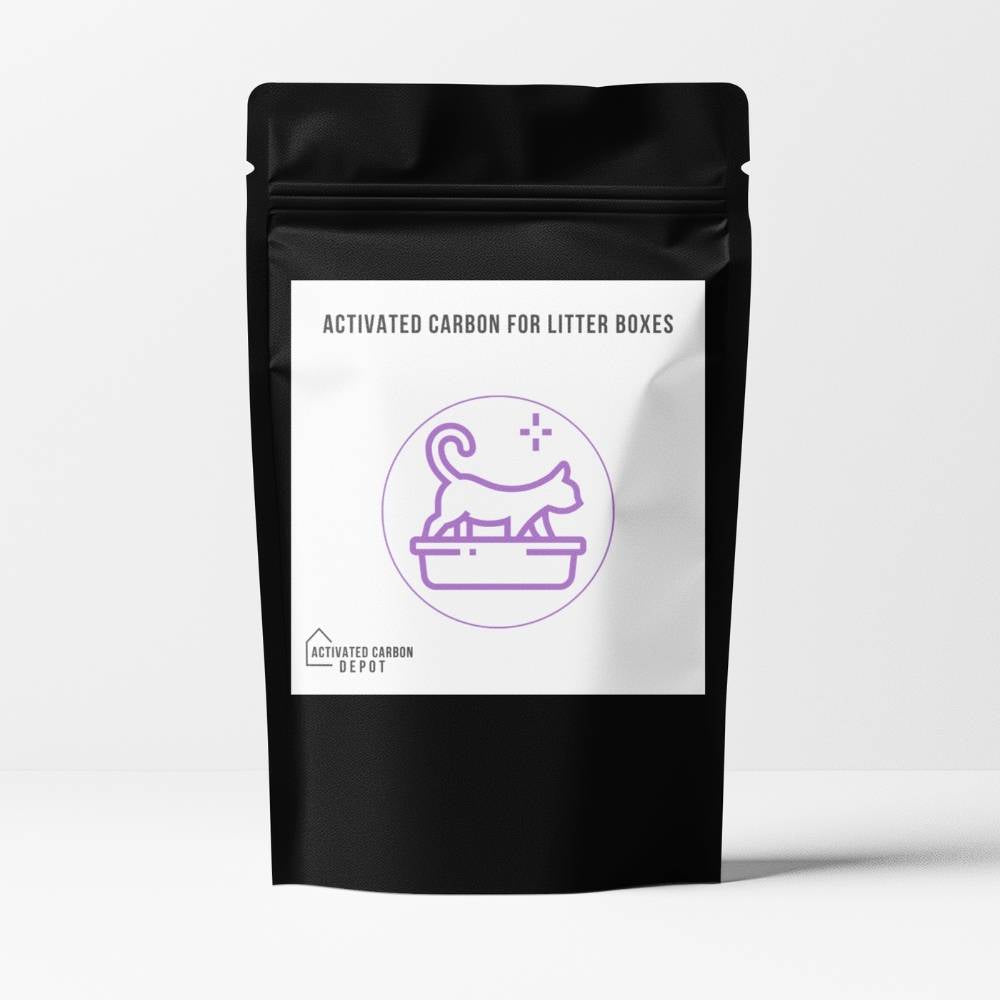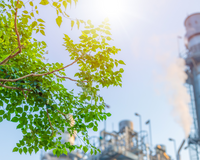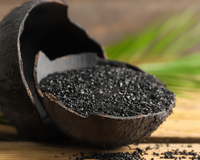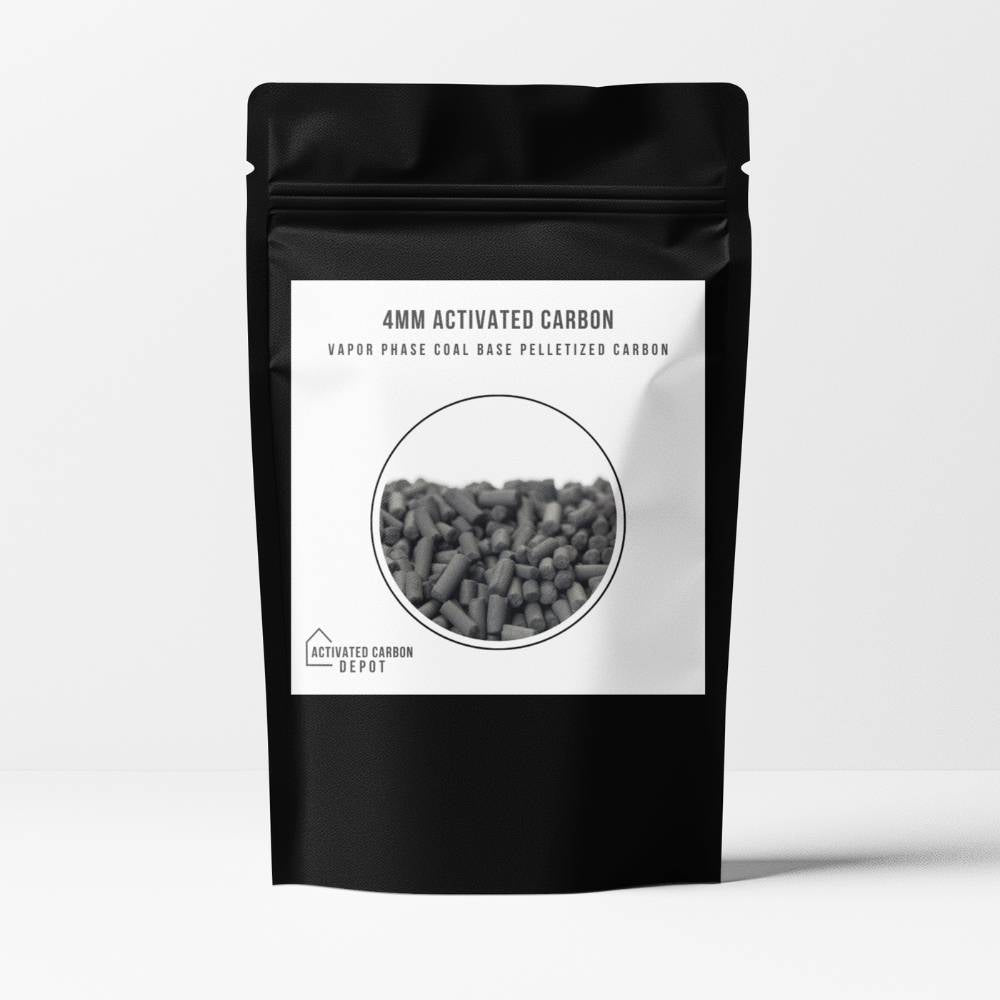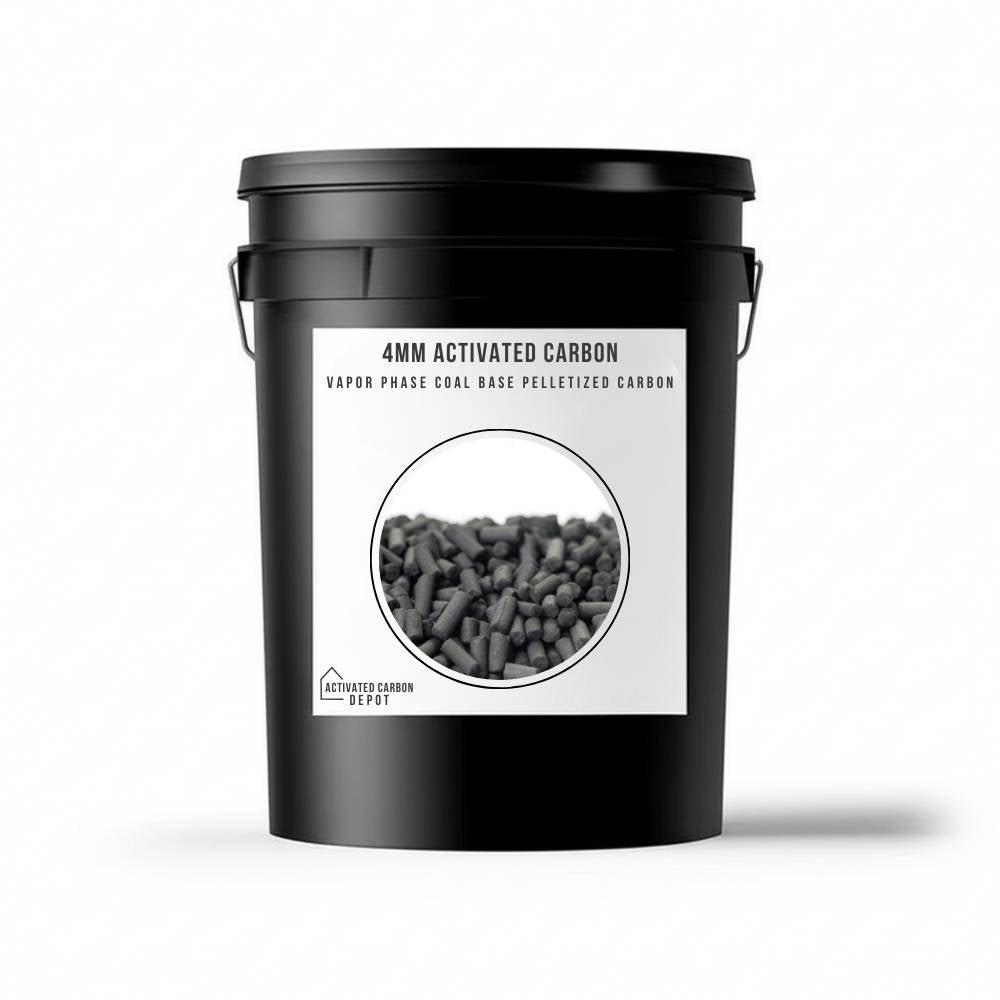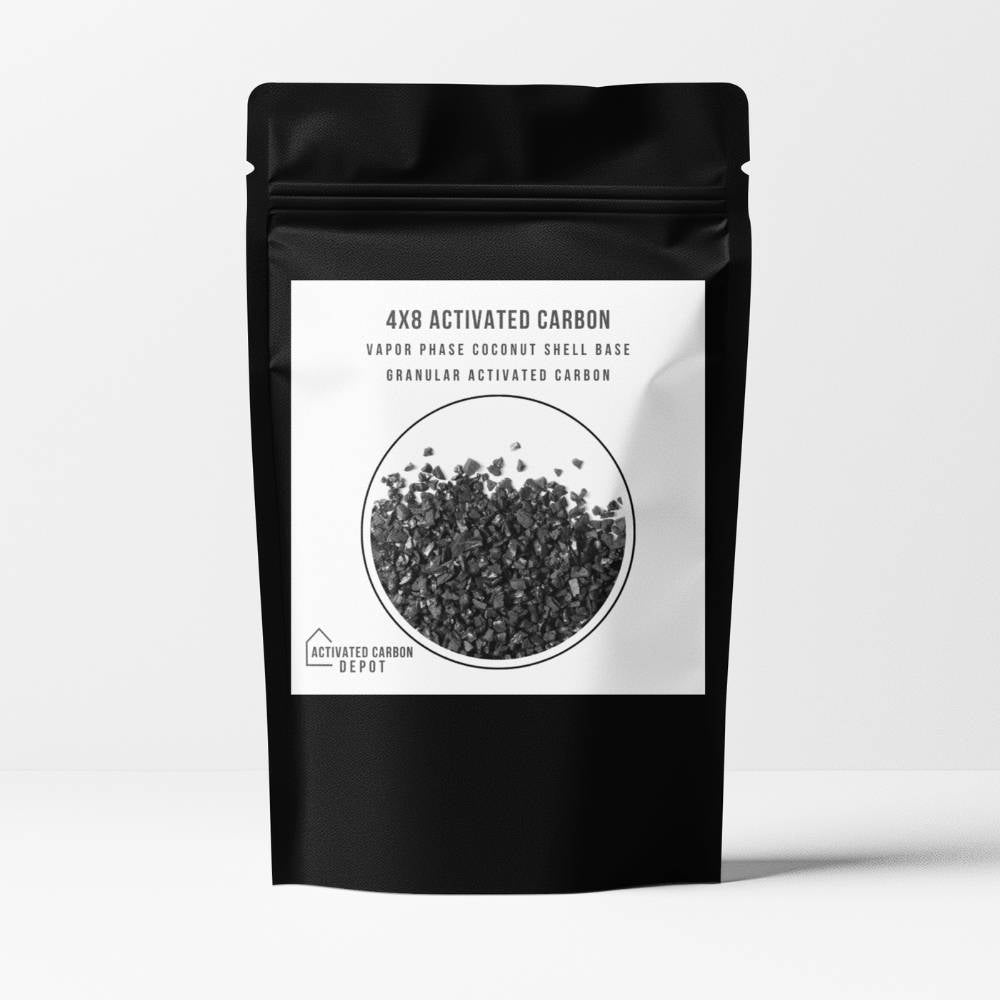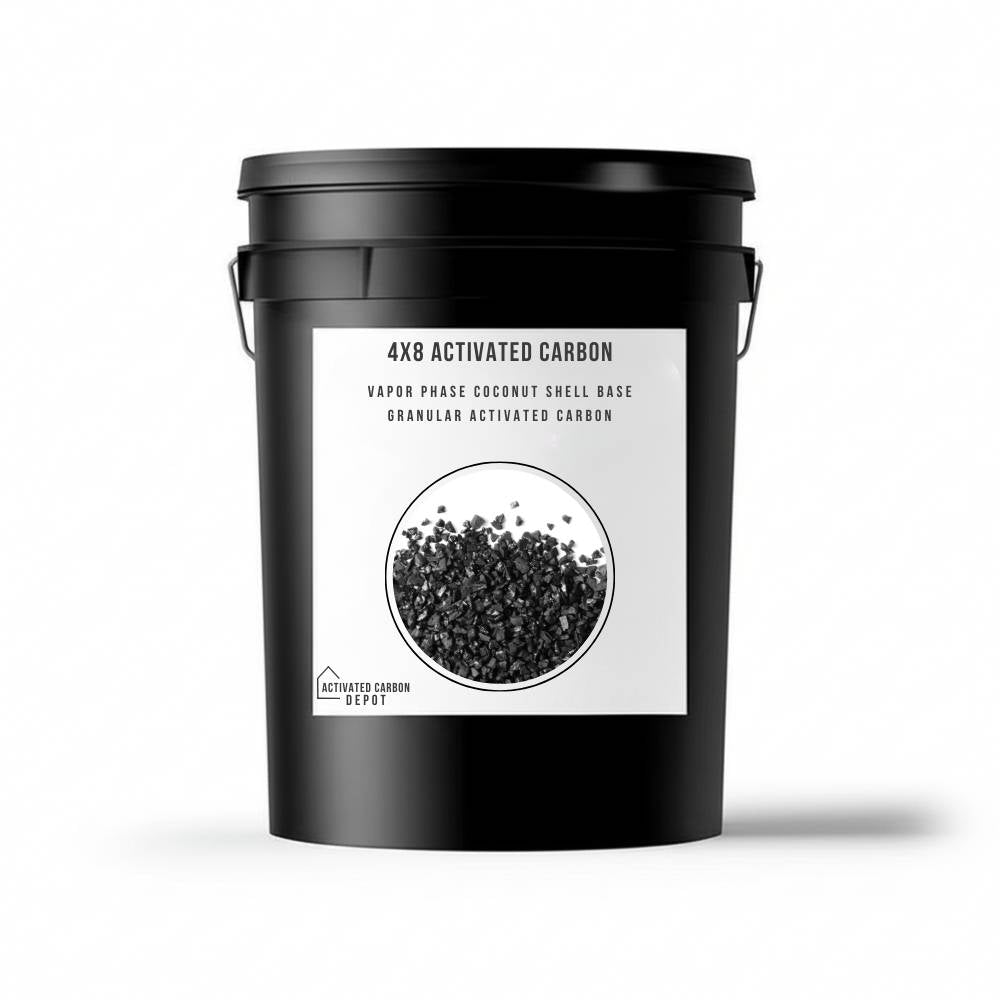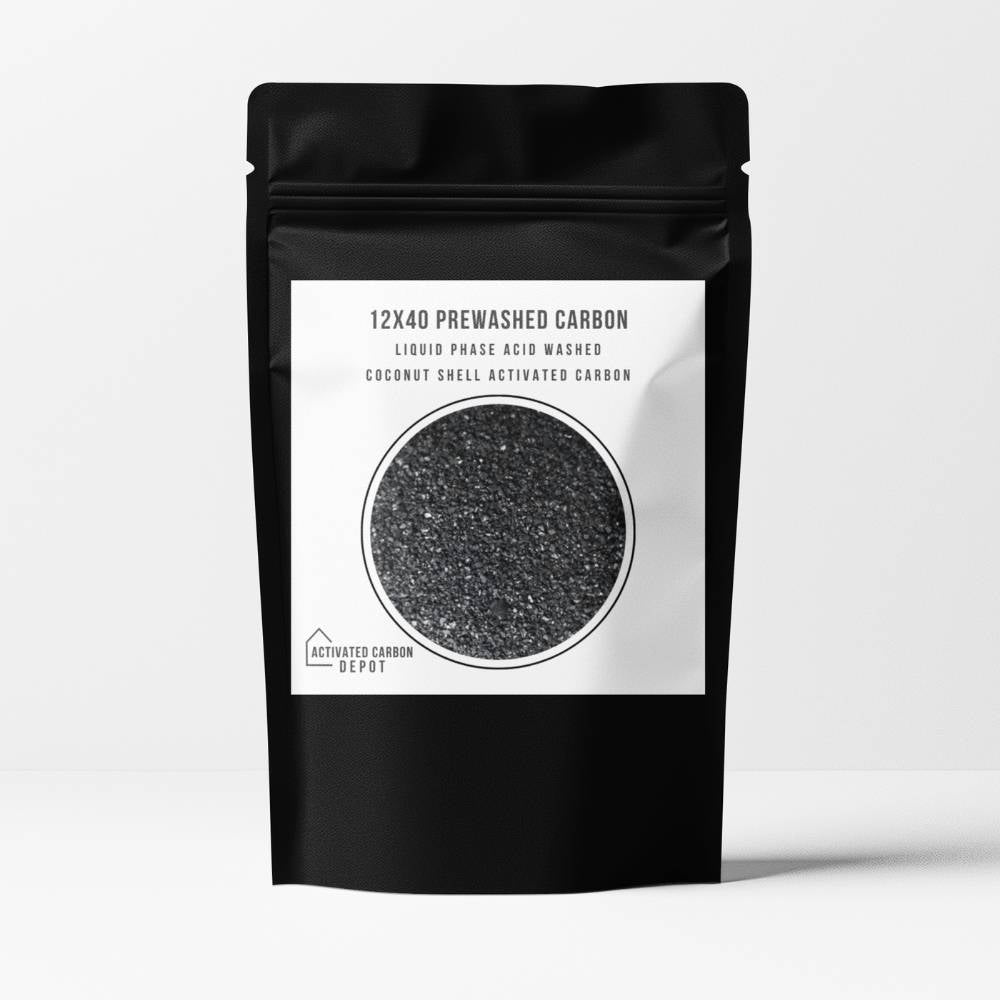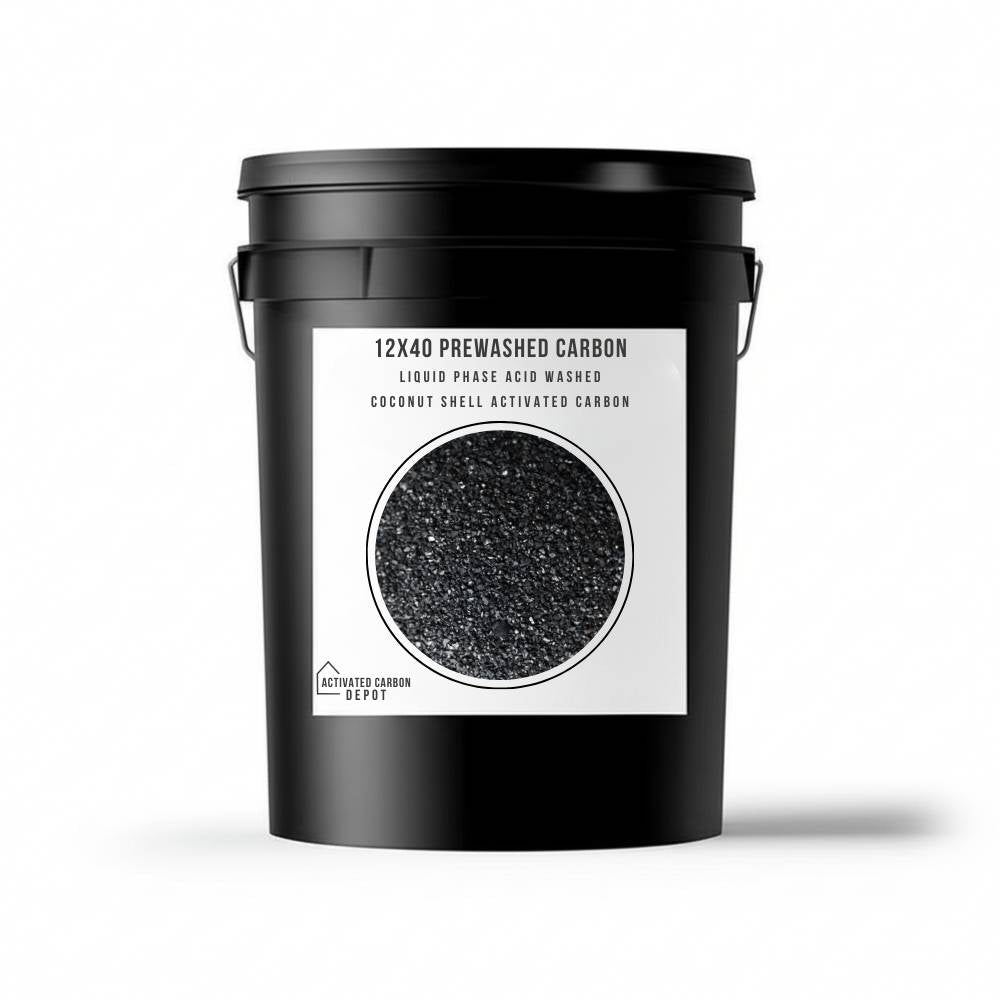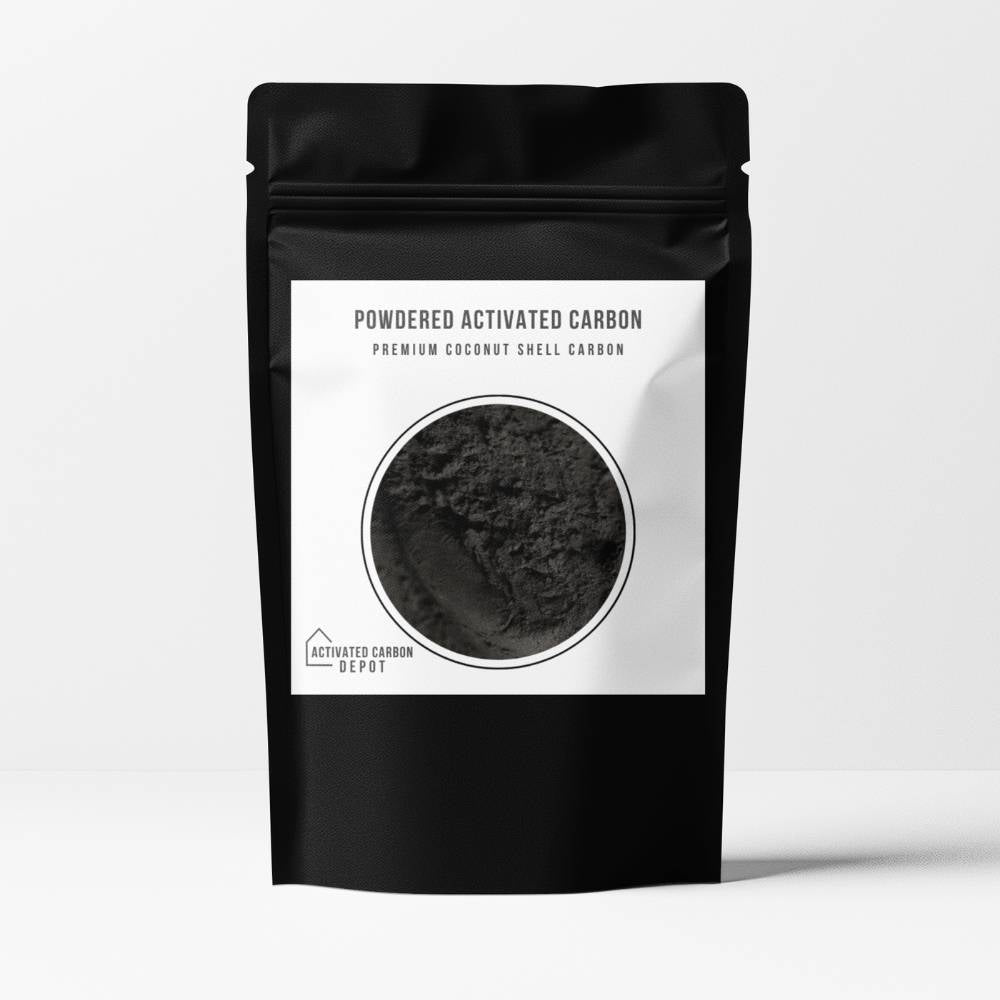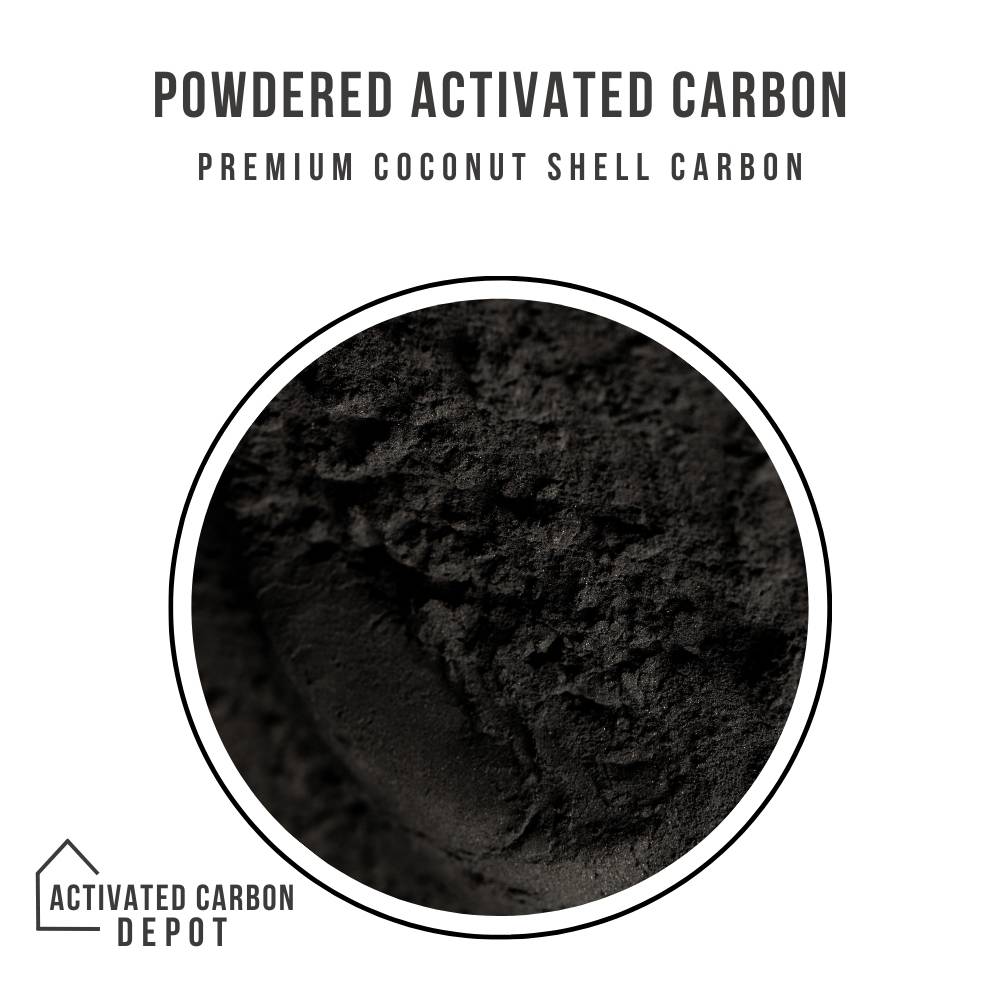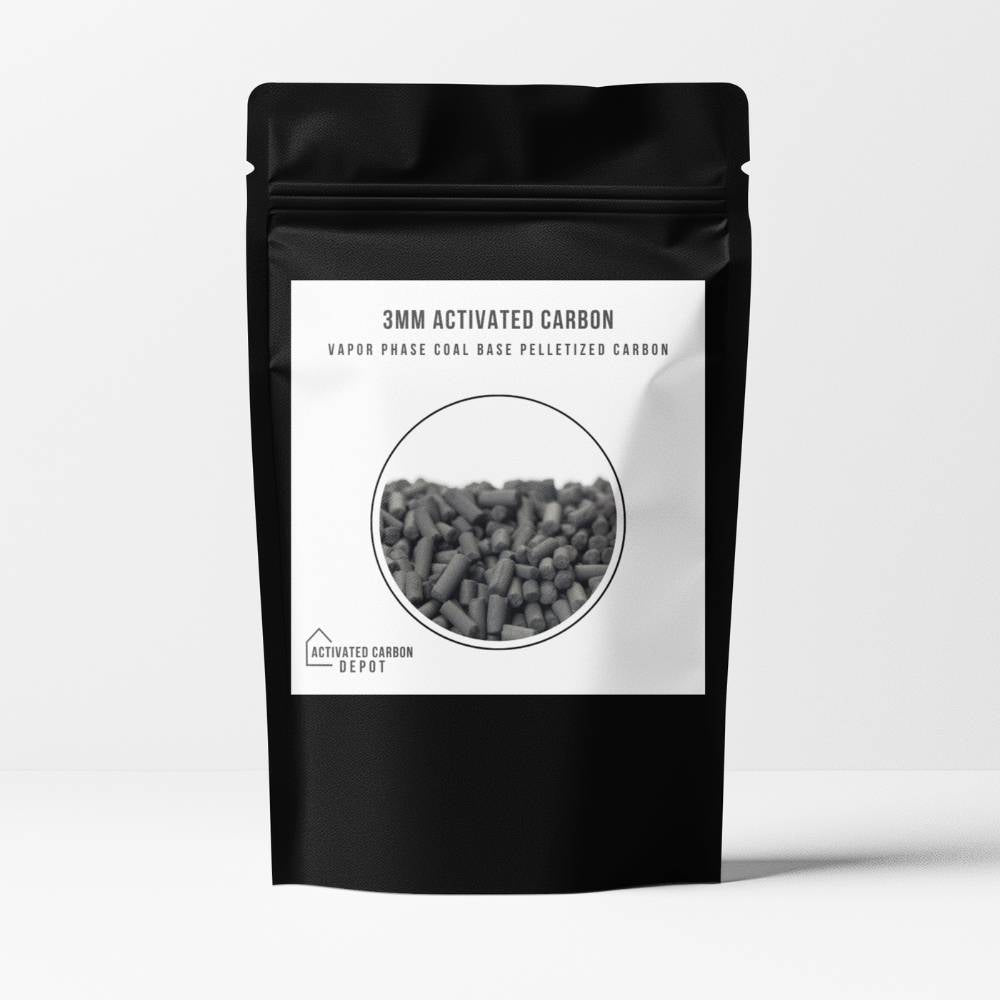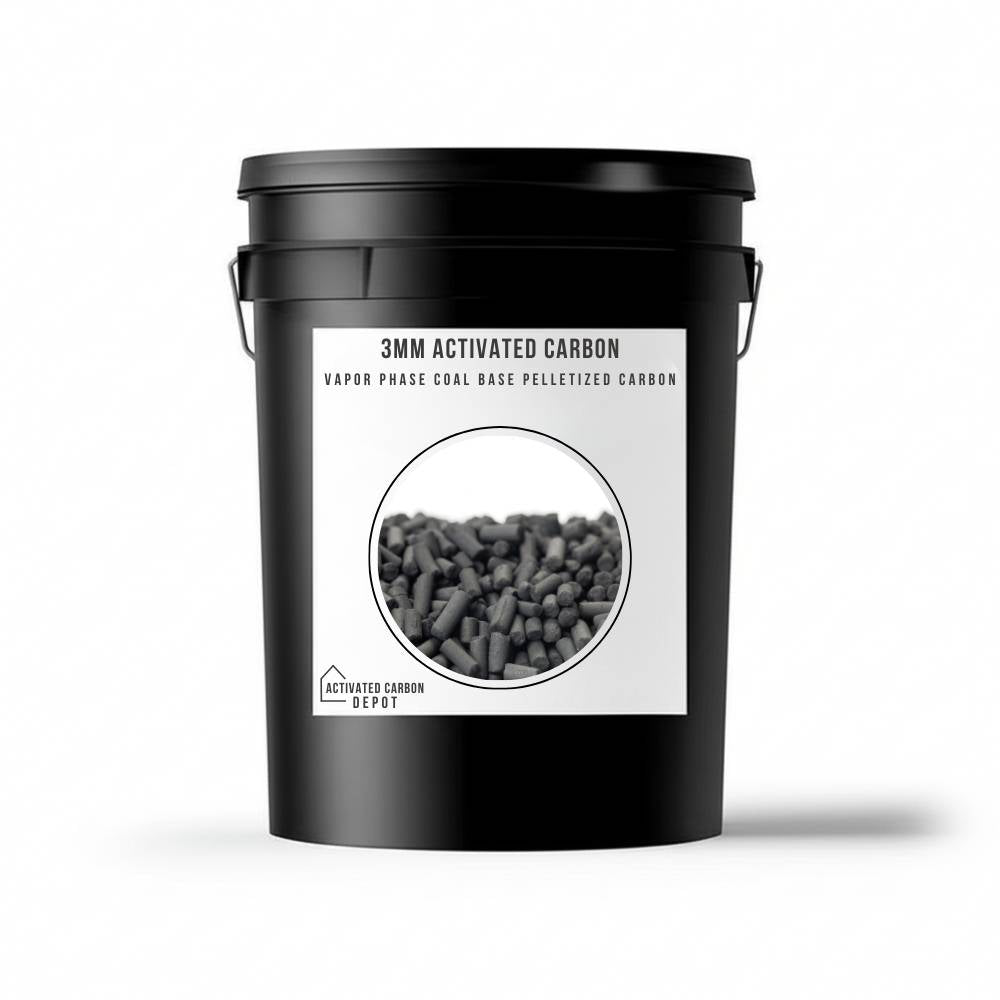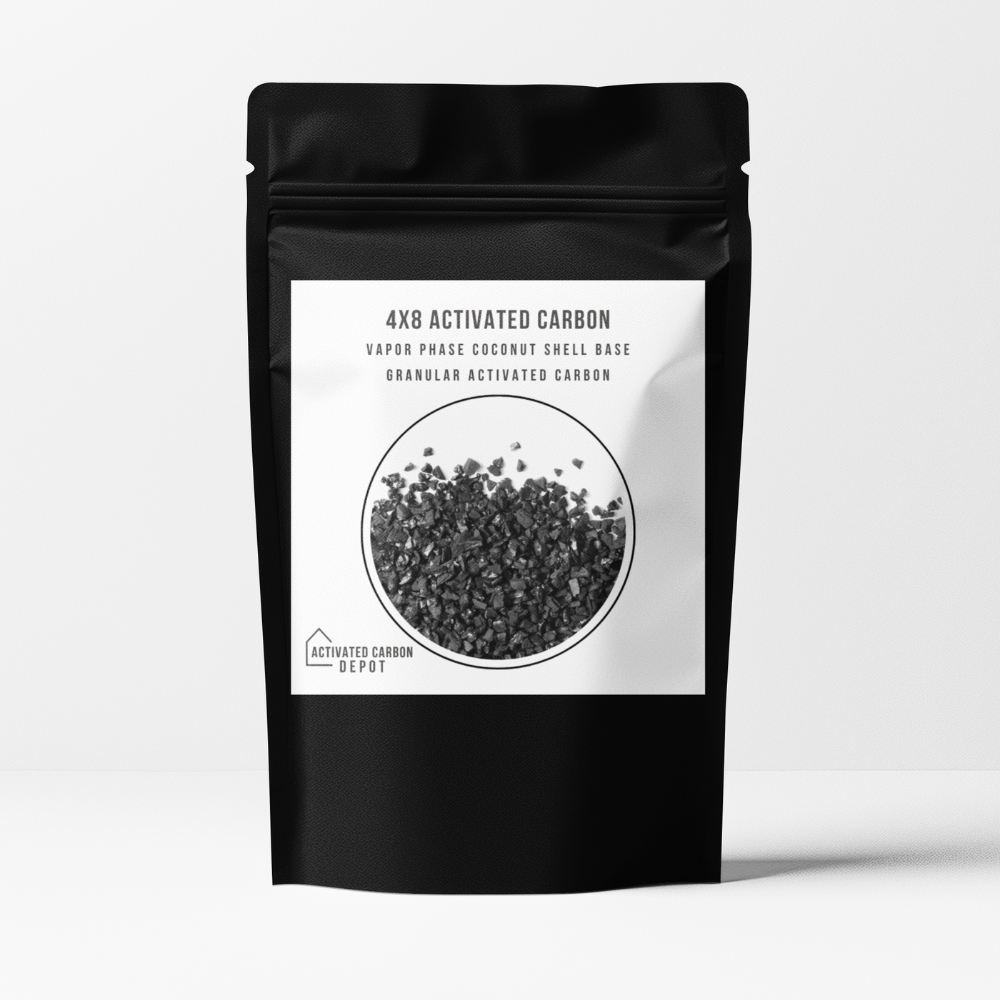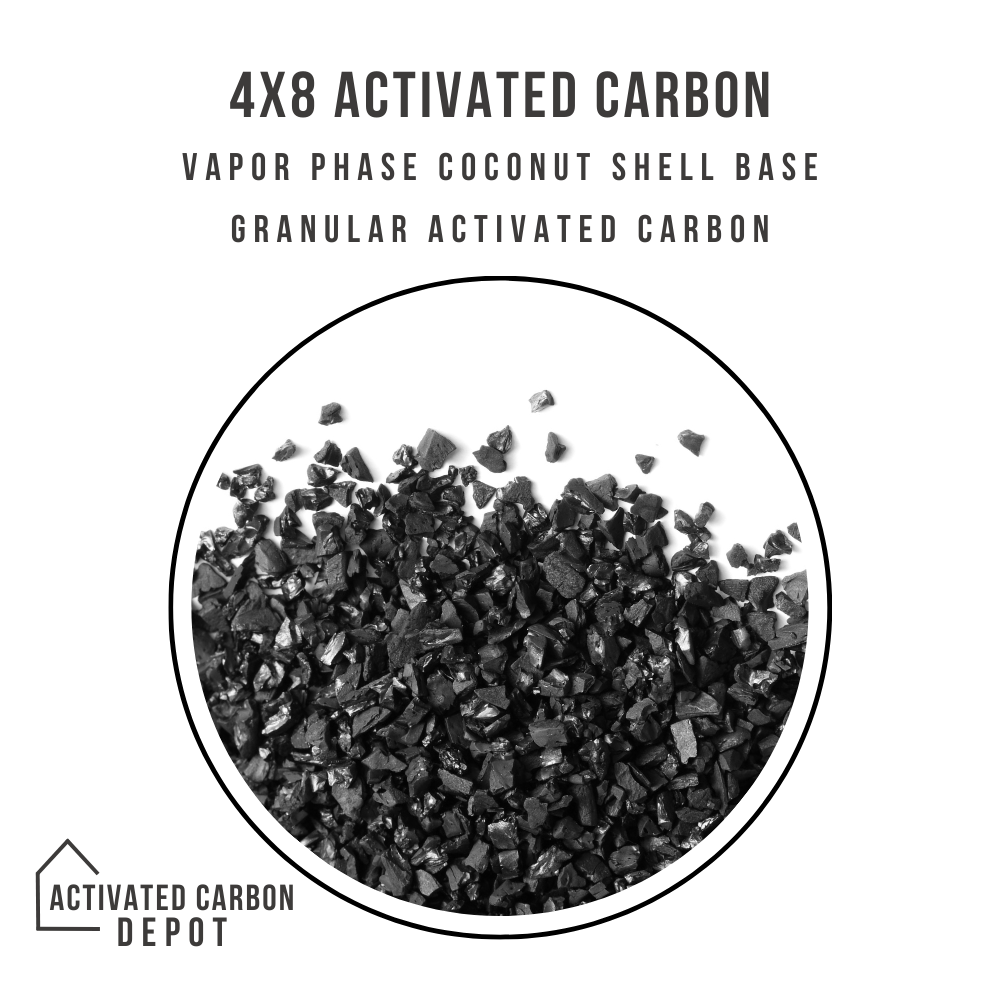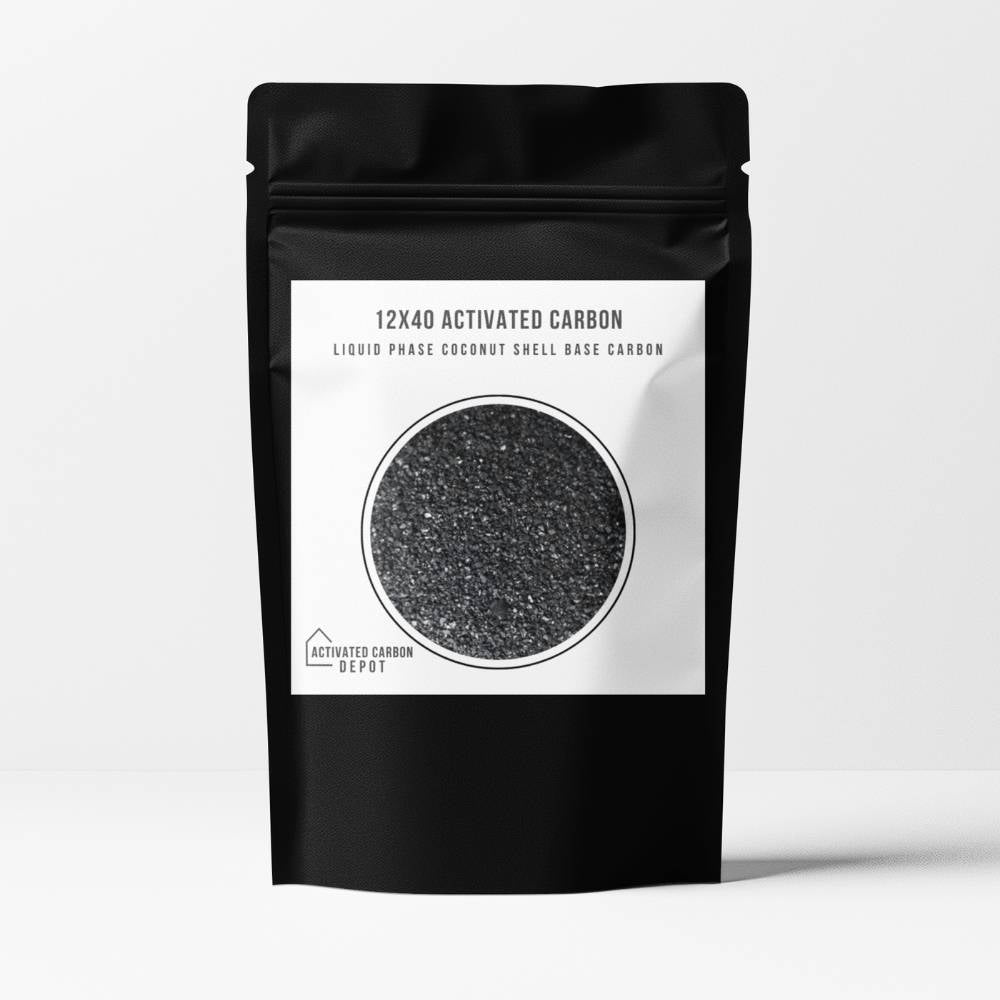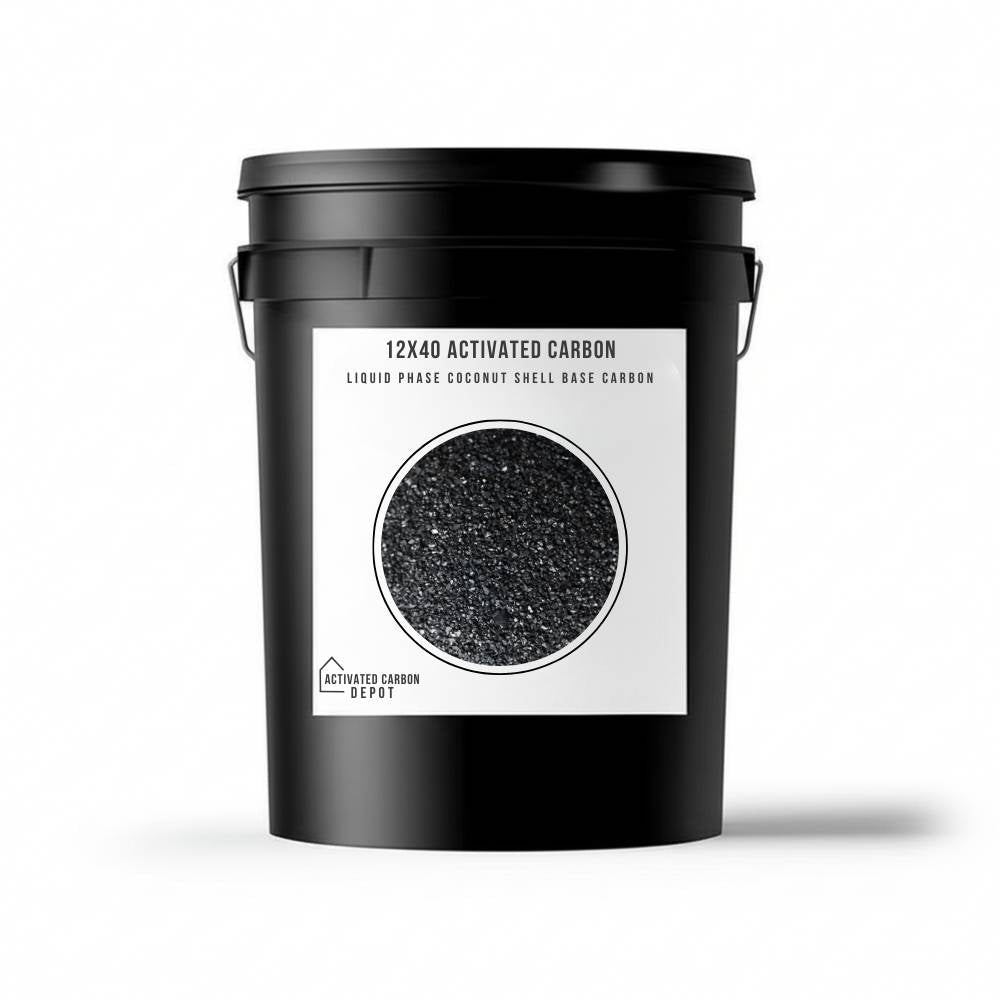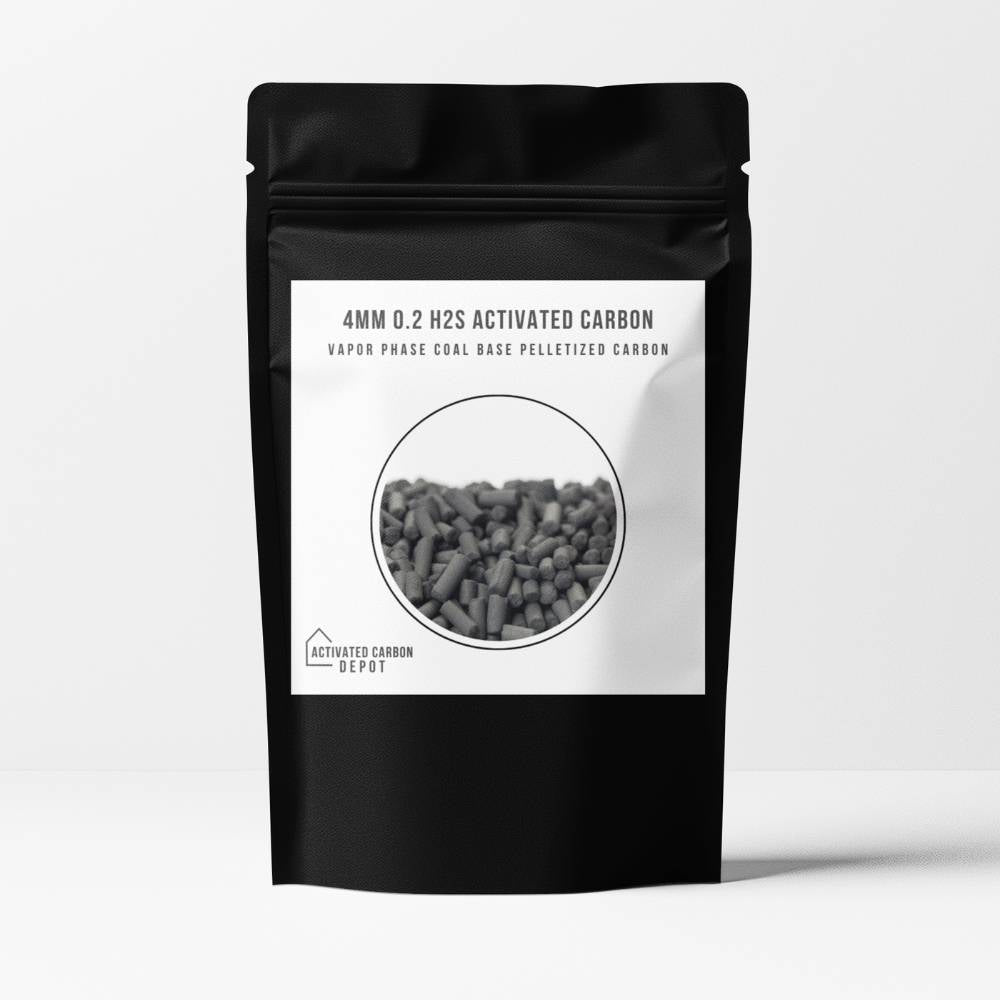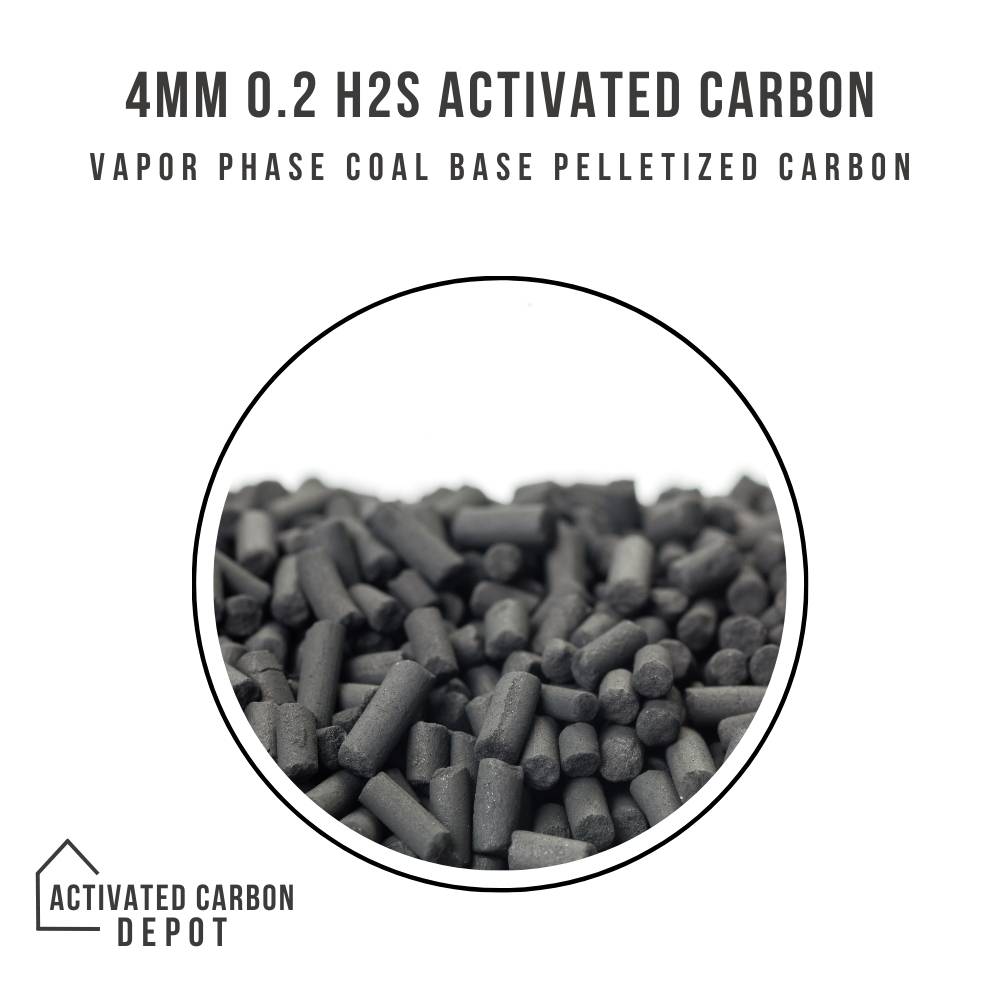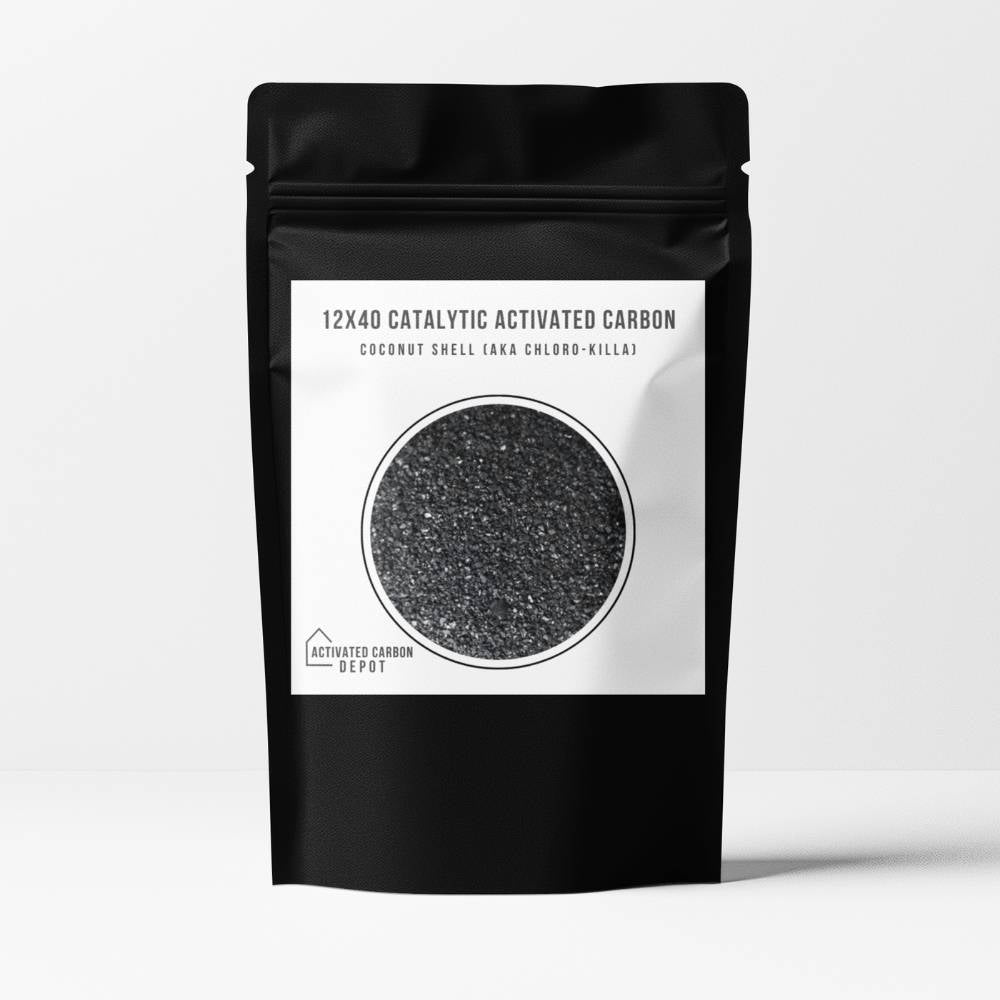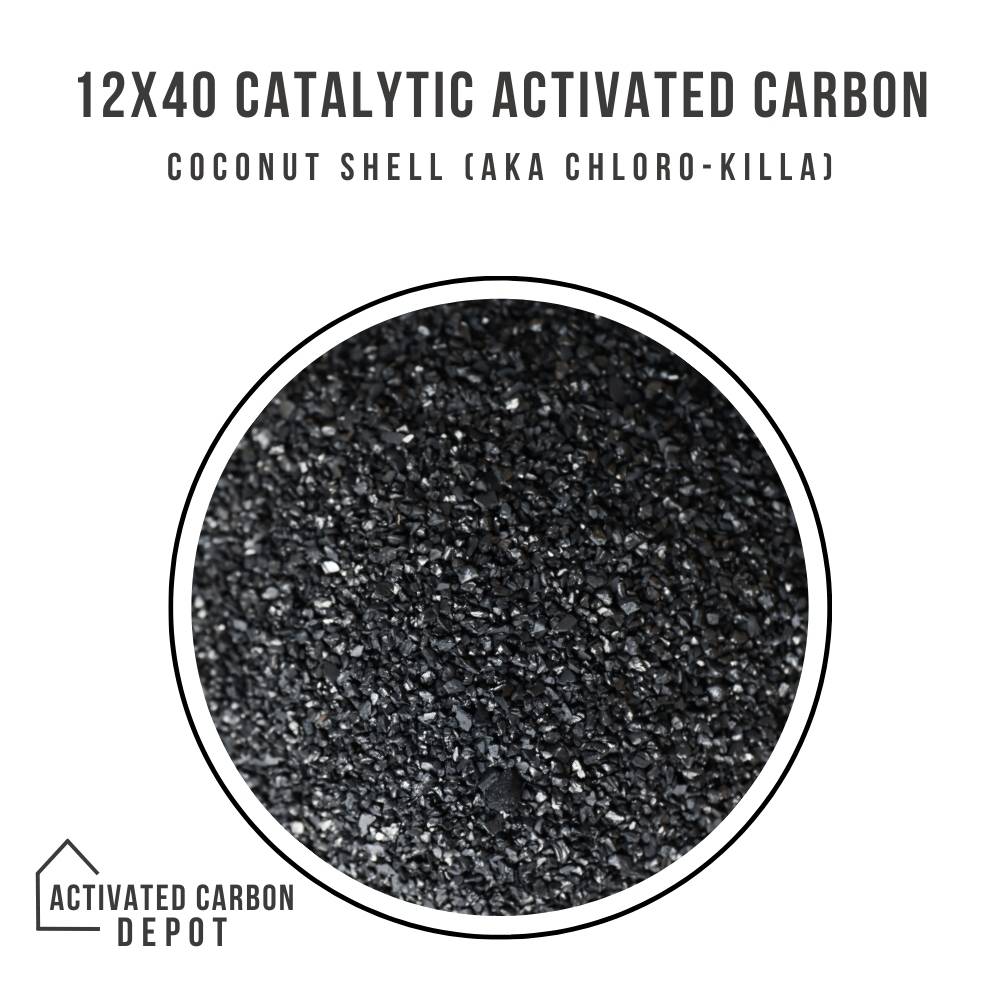The perfume and fragrance industry relies on a variety of filtration and purification processes to ensure the highest quality of scents. One key ingredient that plays a crucial role in refining perfumes is activated carbon. With its exceptional adsorption capabilities, activated carbon helps remove impurities, unwanted odors, and residual chemicals, making it an essential tool in fragrance production. This article explores how activated carbon is used in perfume manufacturing, its benefits, and its impact on fragrance quality.
The Role of Activated Carbon in Perfume Production
Activated carbon, also known as activated charcoal, is a highly porous material with an immense surface area that enables it to adsorb a wide range of organic compounds. In perfume production, it is primarily used to:
-
Purify Essential Oils and Extracts – Essential oils are extracted from plants using various methods, including steam distillation and solvent extraction. These processes may leave behind residues and unwanted components. Activated carbon helps filter out these impurities without affecting the integrity of the essential oils.
-
Remove Undesirable Odors and Contaminants – During the production of fragrances, raw materials can sometimes carry unwanted odors or chemical residues. Activated carbon effectively absorbs these unwanted compounds, ensuring a clean and pure final product.
-
Enhance Fragrance Stability – Fragrances can degrade over time due to oxidation and contamination. Activated carbon helps stabilize perfume formulations by adsorbing reactive impurities, thus prolonging shelf life and maintaining scent integrity.
-
Refining Alcohol Used in Perfume Bases – Many perfumes use alcohol as a solvent to disperse fragrance compounds. The purity of this alcohol is crucial in maintaining a high-quality product. Activated carbon is often used to filter and refine alcohol, removing any residual impurities that may interfere with the final scent.
Benefits of Using Activated Carbon in Fragrance Production
-
Improved Purity: By eliminating contaminants, activated carbon ensures that perfumes have a clean, unaltered scent profile.
-
Better Consistency: Filtration with activated carbon leads to more consistent fragrance batches, essential for maintaining brand identity.
-
Extended Shelf Life: By removing reactive compounds that contribute to oxidation, activated carbon helps prevent scent degradation.
-
Eco-Friendly Processing: Activated carbon can be sourced from sustainable materials like coconut shells, making it a more environmentally friendly purification option.
How Activated Carbon is Applied in Perfume Manufacturing
The use of activated carbon in perfume production varies depending on the specific purification needs. Some common methods include:
-
Carbon Filtration of Essential Oils: Essential oils are passed through activated carbon filters to remove impurities and unwanted residues.
-
Alcohol Purification: Industrial perfume manufacturers often use activated carbon filtration to refine ethanol and other solvents used in fragrances.
-
Batch Treatment for Scent Refinement: Some fragrance houses use activated carbon in small batches to selectively remove unwanted notes from a fragrance blend.
-
Storage and Stabilization: Activated carbon can be incorporated into storage systems to help maintain fragrance freshness over time.
Innovations in Activated Carbon for Perfume and Fragrance Industry
As the demand for sustainable and high-quality fragrances grows, the use of activated carbon in perfume production continues to evolve. Some recent innovations include:
-
Nano-Activated Carbon Technology: This advanced form of activated carbon offers even greater adsorption efficiency, allowing for more precise refinement of fragrance ingredients.
-
Biodegradable Activated Carbon Filters: Manufacturers are developing eco-friendly carbon filtration systems that reduce waste and environmental impact.
-
Custom-Engineered Activated Carbon Blends: Some companies are creating specialized carbon formulations tailored to specific fragrance purification needs.
Conclusion to Activated Carbon in Perfume and Fragrance Production
Activated carbon plays a vital role in perfume and fragrance production by purifying essential oils, refining alcohol, removing unwanted odors, and enhancing scent stability. Its ability to adsorb impurities ensures high-quality fragrances that remain true to their original formulations. As innovation continues, activated carbon is set to become an even more indispensable tool in the perfume industry, supporting the creation of cleaner, purer, and longer-lasting scents.





